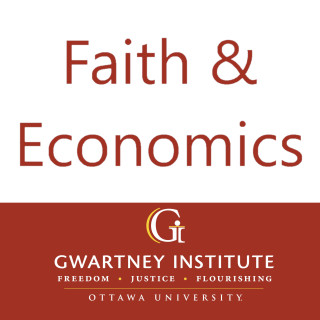

A 6-3 decision by the Supreme Court overruled Chevron. Pundits were rending their garments and gnashing their teeth, but what exactly was the Chevron Deference Doctrine? Why did it matter, and what role did Chevron Deference play in the operations of the Federal Bureaucracy? Is this good or bad news? Join the Gwartney Team for a discussion of Chevron, and of what might follow in the wake of Chevron's demise.
Timeline:
Definition // 1:30
A closer look at the branches of government // 5:00
Effects // 8:00
A brave new post Chevron world (or not)? // 16:30